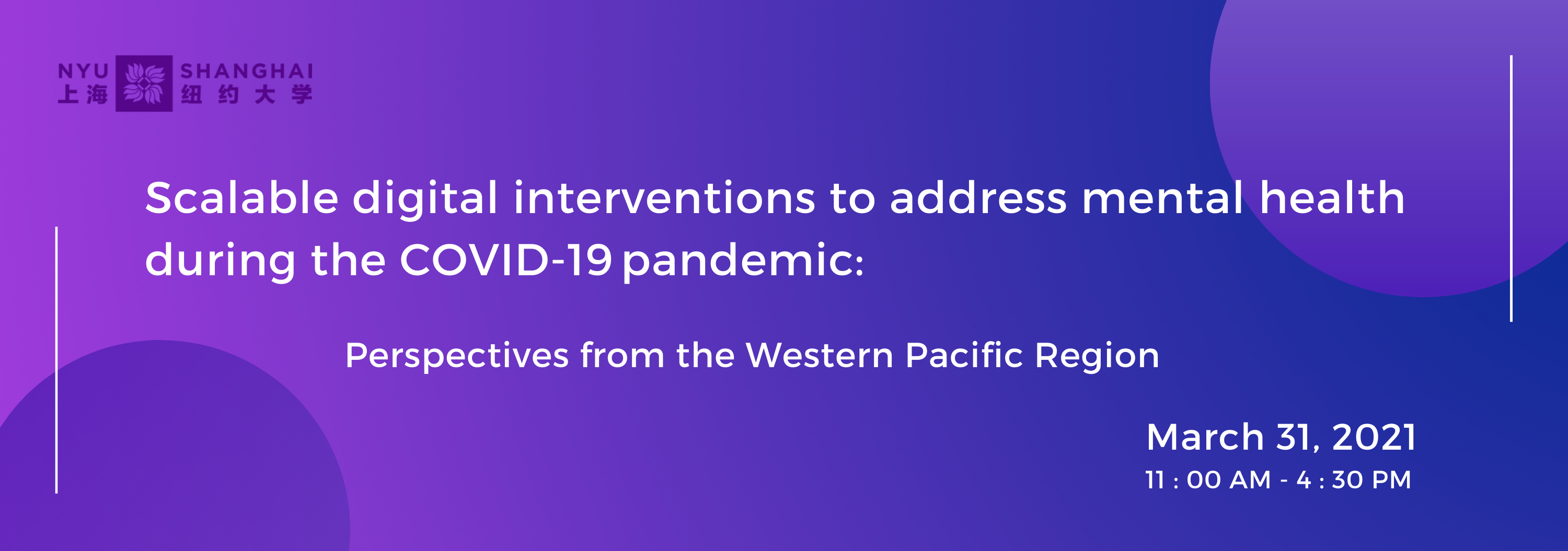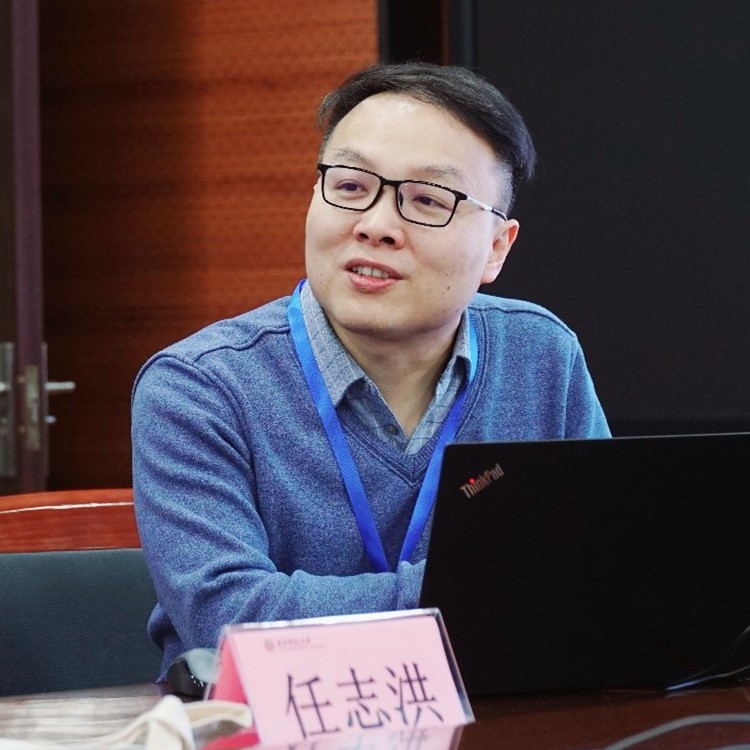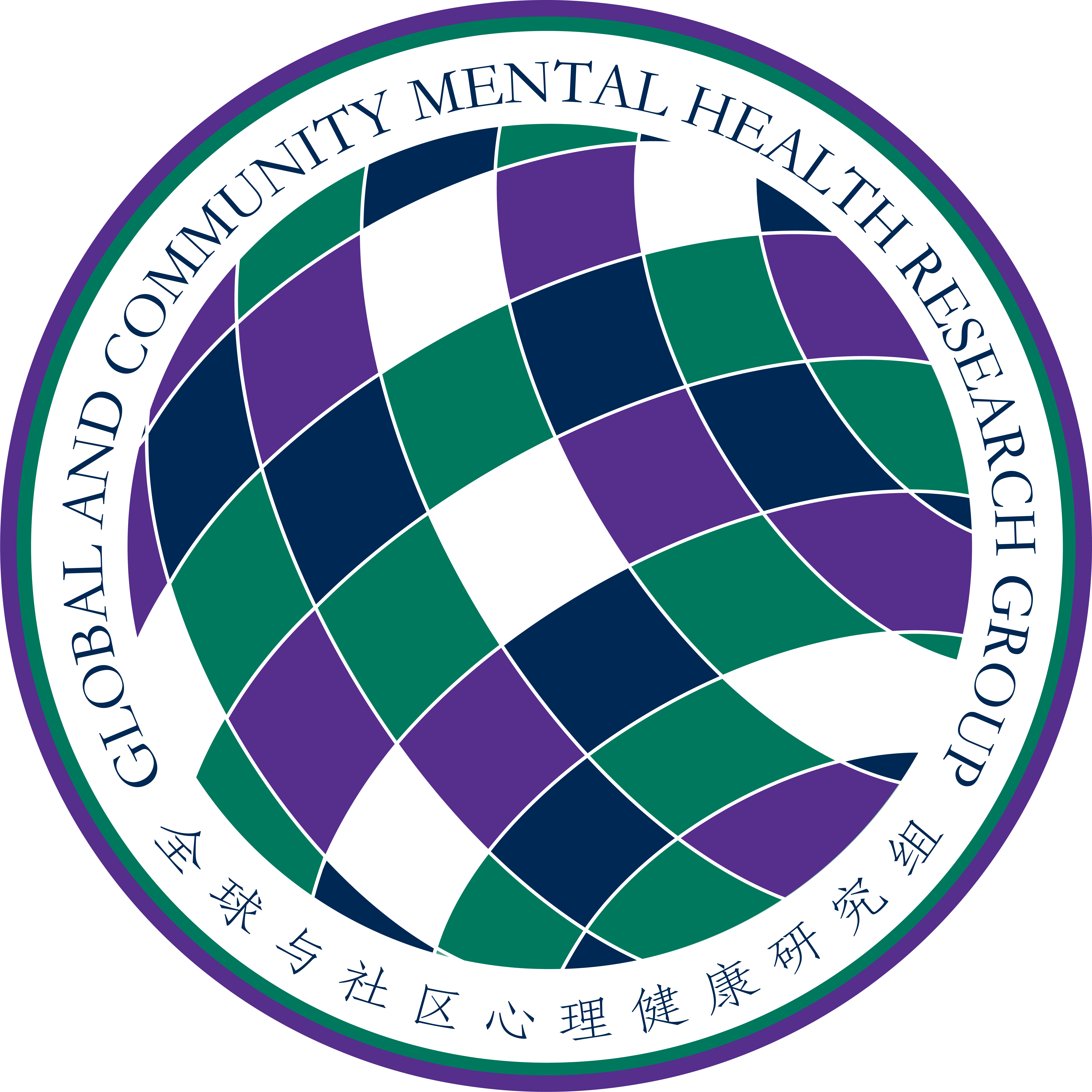

Lessons Learned from COVID-19: Paradigm Change in Clinical and Health Psychology
Speaker: Prof. Yiqun Gan
The outbreak of COVID-19 has induced panic, discrimination, and rumors, resulting in mental health problems and social contradictions. During this public crisis, the scarcity of psychological aid resources and the requirement of maintaining social distance make it imperative to develop an effective and accessible new intervention paradigm. Therefore, how to use the pandemic situation as an opportunity to promote paradigm change in clinical and health psychology and how to employ intelligent technologies to improve the psychological aid resources is a pressing issue. Tele-mental health care service is a potential solution to this issue. The development of a series of evidence-based, easily accessible, and individualized low-intensity digital intervention programs can greatly meet the diverse needs of the public. The paradigm change in clinical and health psychology we propose aims to establish a psychological assistance system comprising digital intervention (Level 1), telephone hotlines (Level 2), and psychological consultations (Level 3), to optimize the allocation of social psychological service resources and alleviate the shortage of psychological assistance. Toward this end, three online intervention packages (perspective-taking, basic needs satisfaction, and photographic training) are illustrated, and their effectiveness is verified through randomized controlled trials.

Application of Digital Psychological Intervention in Major Public Health Events: An Example of the MOE-CCNU Mental Health Service Platform
Speaker: Prof. Zhihong Ren
COVID-19 leads to a significant psychological impact on the public. The role of mental anti-pandemic assistance is pivotal in the response to the pandemic. Researchers and practitioners are promoted to explore the application of digital psychological interventions in the special context of the pandemic. Based on the experience of construction and data of the Mental Health Service Platform at Central China Normal University, Ministry of Education, this report introduces the digital psychological assistance of the platform in the context of the pandemic. The specific contents include: (1)the construction experience and working effectiveness of the Internet-based psychological assistance; (2) the application and effect of the self-guided intervention on depressive mood in psychological assistance.

KATATAGAN ONLINE: Building resilience of Filipinos through digital platforms
Speaker: Prof. Regina Hechanova
This presentation focuses on the experience in the transformation of a resilience program into digital platforms. It presents the adaptation of group-based resilience intervention into asynchronous and synchronous platforms. Named, Katatagan (Filipino for resilience), the intervention aimed to develop self-efficacy, skills in managing physical reactions, emotion regulation, behavior modification using Mindfulness, Cognitive Behavioral Therapy and Positive Psychology. The presentation describes the outcomes of the evaluation as well as the challenges and prospects in delivering mental health and psychosocial using digital platforms.



Aroha-implementation of a conversational agent to deliver a psychosocial intervention to young people in the COVID context
Speakers: Prof. Sarah Hetrick, Dr. Nicola Ludin, and Ms. Sarah Bodmer
Within the first two weeks of New Zealand going into a nationwide lockdown, our team developed Aroha, a Chatbot, to help young people manage the stress, isolation, and other consequences of the lockdown. Aroha was developed on the basis of evidence, drew on our experience in developing and disseminating digital interventions, used existing IT infrastructure, and was rolled out in the context of ongoing evaluation.
We have partnered with young people and continue to iterate the content and functionality of Aroha on the basis of feedback and the shifting landscape of COVID in our country. Central to our work is actively demonstrating our implementation of Te Tiriti O Waitangi principles, in order to ensure Aroha is more responsive for Māori rangatahi and their whanau, including providing a Te Reo Māori version, and increasing culturally relevant content.
We will describe the development of Aroha, evaluation data and feedback to date, and will highlight the way in which Aroha has been implemented and marketed.

Promoting mental health through digital dissemination of COVID-19 information
Speaker: Prof. Jean Liu
In the ongoing pandemic, several studies have outlined: (1) the mental health burden of COVID-19, and (2) how rumours and exposure to COVID-19 news negatively affect well-being. Against this backdrop, the messenger application WhatsApp has been adopted by both the World Health Organization and several government agencies to provide live updates on the COVID-19 situation. In this talk, we present data on how the Singapore government used WhatsApp, and the impact of WhatsApp subscription on citizens' mental health. Amidst an 'infodemic', messenger services allow for rapid transmission of accurate information and may boost psychological resilience.
